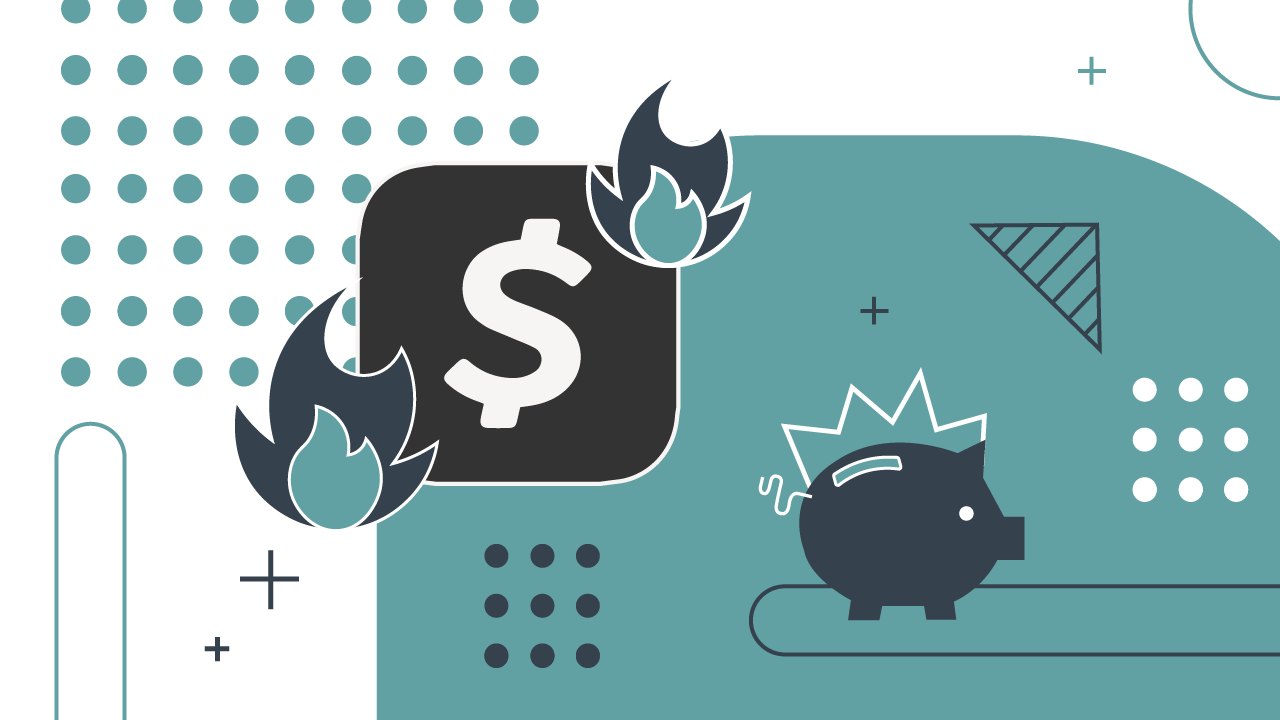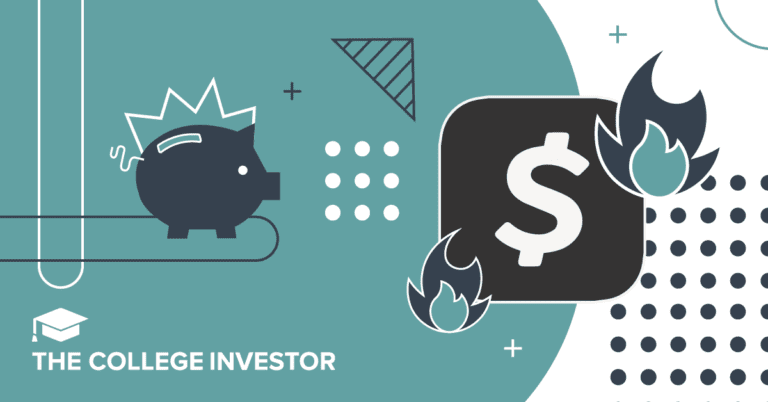
When you think of financial scams, you might think of Bernie Madoff and the Nigerian Princes. But if you listen to enough “financial experts” on YouTube and TikTok, you might hear that the humble 401(k) is a scam.
A 401(k) is a tax-advantaged retirement investment account offered by many employers. It’s an account so basic it can become a victim of its own success. Have 401(k)s been cheating would-be retirees out of their hard-earned money?
We don’t think so, but we’ll explain why the bill is so harshly maligned.
What is a 401(k)?
A 401(k) is a tax-advantaged retirement account offered by employers to employees. Many companies offer an employer match to employees who contribute to their 401(k). For example, a company may offer a 50% match on all contributions up to 6% of your salary. If you earn $50,000 and contribute $3,000 to your account, then the company will contribute an additional $1,500 to the account.
In a traditional 401(k), the money you contribute is tax-deferred. This means you get a tax deduction for the money you put into the account. The money grows tax-free until you withdraw money in retirement. When you withdraw money, you will pay the standard rate of income tax on your withdrawals.
More companies are starting to offer a Roth version of the 401(k). When you make Roth contributions, you pay taxes before you contribute to the account (with no immediate tax deduction), but you never pay taxes on that money again. Your withdrawals in retirement are tax-free.
As an employee, you can contribute up to $23,000 to your 401(k) in 2024. Your employer can contribute up to $46,000 to your account (but probably won’t unless you’re very high-paid or self-employed).
A 401(k) is just an account that holds money. But we will see the reasons why some influencers call it a scam.
Related: 401(k) Contribution and Income Limits
What are the 401k scam videos actually saying?
Here’s an example of the videos you’ll see on TikTok and other social media:
We’ll highlight the main measurement points below, but when you see these accounts, you should also check that the WHO is discussing this issue. In the above case, this person is clearly a life insurance salesperson and is promoting IUL on their behalf.
Why Are IUL Sellers Attacking Your 401k or Retirement Plan? Because when you’re young, there’s competition for dollars – you usually don’t have enough money to both contribute to a 401k (or other investment like an IRA) AND contribute the money needed to fund an IUL.
So these people are trying to scare you into doing something wrong and that their product offering is better. But unfortunately, we’ve never seen a real example where it actually performs better.
Remember – these companies will show you “pictures”, not actual policies in force. And none of them can show you a valid IUL that’s been around for 10 years. They are incredibly rare for one reason: they don’t work as advertised for most Americans.
Your money is locked up
When influencers start attacking the 401(k), the first shot is predictably that the account is “locking up your money.” While this does not mean that the 401(k) is a scam, this claim is true. A 401(k) is a retirement account. You will pay a 10% penalty on any money you withdraw from the account before age 59 ½. So when you withdraw money from your 401(k), you’ll pay income tax and the penalty on every dollar you withdraw.
A 401(k) is not an emergency fund and should not be used as one. If you don’t think you can keep the money in the account, you shouldn’t put it in the account in the first place.
Some companies allow you to take out a loan against your 401(k), but we advise against this for several reasons. Your money won’t be invested while you’re borrowing against them, so you’re wasting time in the market. Plus, if you quit your job, you’ll likely have to repay the loan within 90 days (or sooner) or you’ll pay the 10% withdrawal penalty.
By comparison, most people who harp on locking up your money are selling whole life insurance. You cannot “cash out” of a whole life insurance policy. Instead, you’ll be borrowing against the policy and paying yourself off over time. The money in the policy is almost as “locked in” as the money in a 401(k).
401(k) fees will eat into your returns
Many people who hate 401(k) plans point to exorbitant fees. This is a point that varies from design to design. Most major companies have low or no account management fees (I can say the 401(k) account fee is $12 per year). Additionally, investment fees within 401(k) plans tend to be modest (investment fees range from 0.1% to 0.3%).
But these principles will not always apply. Smaller companies or those with non-current 401(k) plans may have higher fees. If the only investment options within your company 401(k) have investment fees of 1.5%-2.5%, then you might want to think twice before investing in it (at least beyond the company’s your). Even with high fees, you’ll want to invest enough to get your company’s match, or you’ll be leaving some of your compensation on the table.
The 401(k) has tremendous investment options
Investment options within 401(k) plans vary. The vast majority offer low-cost index funds or a few actively managed mutual funds. Some companies allow you to invest in individual stocks, but this is the exception rather than the rule. Unless you have a self-directed 401(k), your investment options will usually be quite limited. But that doesn’t mean the investment options are bad. You can maintain a well-diversified investment portfolio using the stock and bond funds available in most 401(k) plans.
Most people who call a 401(k) a scam because of the investment options have a vested interest in getting you to invest in an internal or high-cost investment. They may encourage leverage, high-fee private REITs, high-frequency trading or whole life insurance. Many of these investments are good. You may benefit from some exposure to real estate, precious metals or other alternative investments. But you can get this exposure in addition to your 401(k), not instead of it.
You may see higher returns by investing in alternative asset classes, but that doesn’t diminish the value of stocks and bond funds. Most 401(k) plans offer simple, proven investment options that can help the average person build wealth over time. Alternative investments, especially those involving leverage (debt) are risky and could erode your wealth just as easily as they could build it.
Your 401(k) is trapping you in your job
Some companies have vesting plans with the 401(k). A vesting schedule means that an employee must remain with the company for a certain period of time before they can keep their employer’s 401(k) contributions. A company may have a cliff vesting plan where it requires employees to wait up to three years before they take ownership of company 401(k) contributions. Companies can also have a graded vesting plan where you take ownership of a portion of the company’s 401(k) contributions for up to six years.
Vesting rules can be an incentive to stay with a company longer than you otherwise would, but they certainly don’t trap you in your job. Any money you contribute to a 401(k) is your money, and you can keep it when you move jobs. When you move jobs, you can either roll the money into your new 401(k) or put it into an IRA.
You must pay taxes on your 401(k).
A traditional 401(k) contribution is a tax-deferred contribution. You won’t pay taxes when you put money in, and you won’t pay taxes on your investments as they grow. However, you will pay your ordinary income tax rate when you make money.
Income tax rates are already higher than capital gains tax rates and income tax rates may increase in the future. When you take money out of your 401(k) in retirement, you may end up paying high tax rates on those withdrawals.
Given the historically low tax environment we are currently in, you may want to consider the Roth 401(k) option if it is available to you. If you use a Roth 401(k), you’ll pay income tax on the money now. But the money will grow tax-free. And when you withdraw the money, you won’t have to pay taxes on the withdrawals.
Many slippery salespeople will try to get you to buy whole life insurance by saying it’s more tax-efficient than a 401(k). The value of cash life insurance actually grows tax-free. Additionally, if you cash in your life insurance policy, you will only pay capital gains taxes, not income taxes. However, you don’t get a tax break when you put money into a whole life insurance policy. This means you pay income taxes before you pay for the life insurance, and you pay capital gains from growth if you cash out the policy.
The tax issue is complex. A fiduciary financial planner could help you figure out whether to invest in a traditional or a Roth 401(k). Either way, a financial planner looking out for your best interest will rarely recommend a life insurance product instead of a 401(k) contribution.
Should you invest in a 401(k)?
If your company offers a 401(k), invest in your 401(k) at least until the match. You don’t want to leave that money on the table. Then follow the sequence of actions to save for retirement. The 401(k) is not a scam. It’s a tax loophole that you can use to your advantage. A 401(k) can help you invest your money in a tax-efficient way to grow your wealth over the long term.

